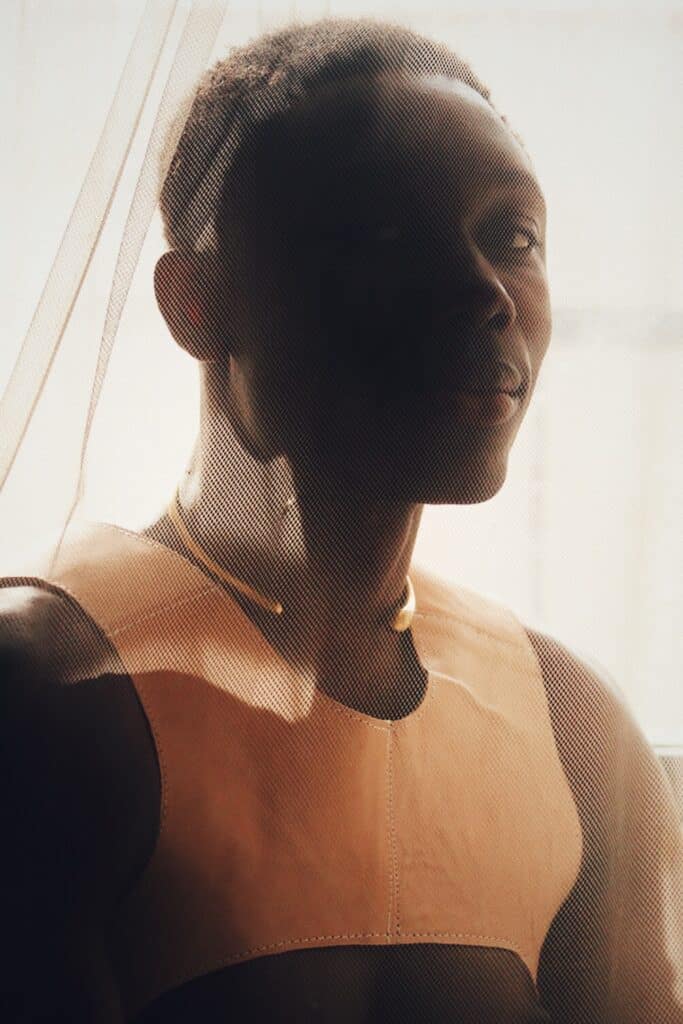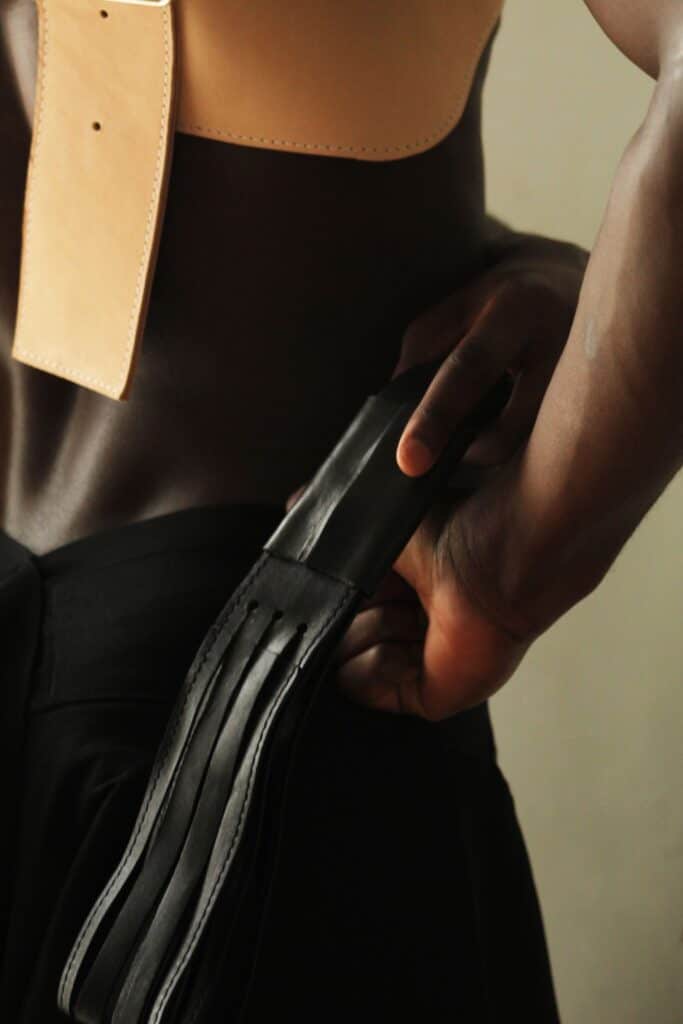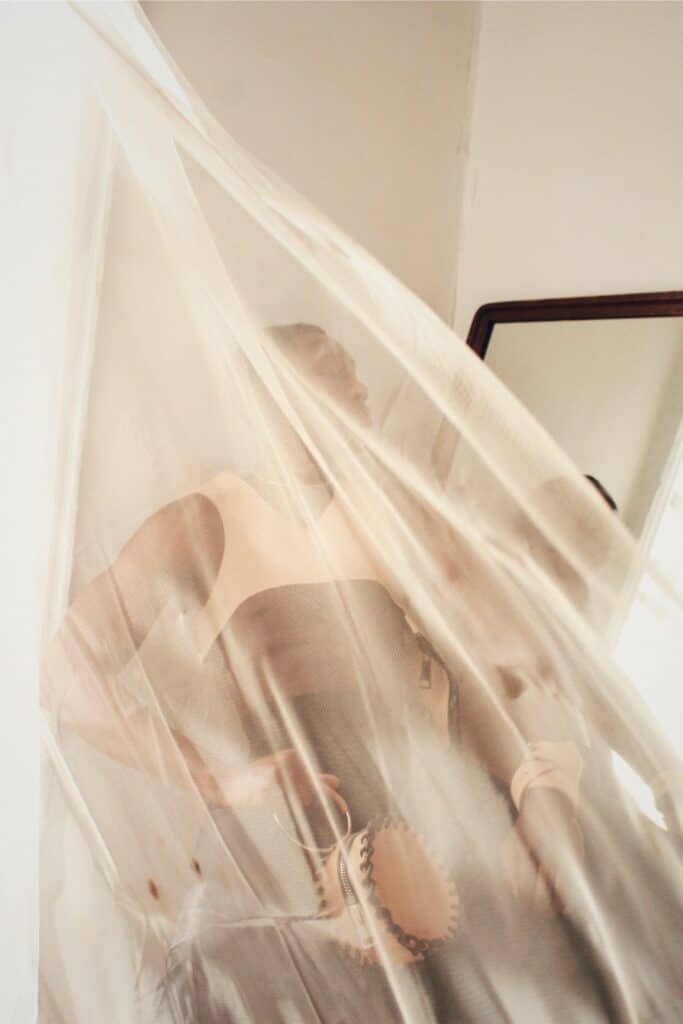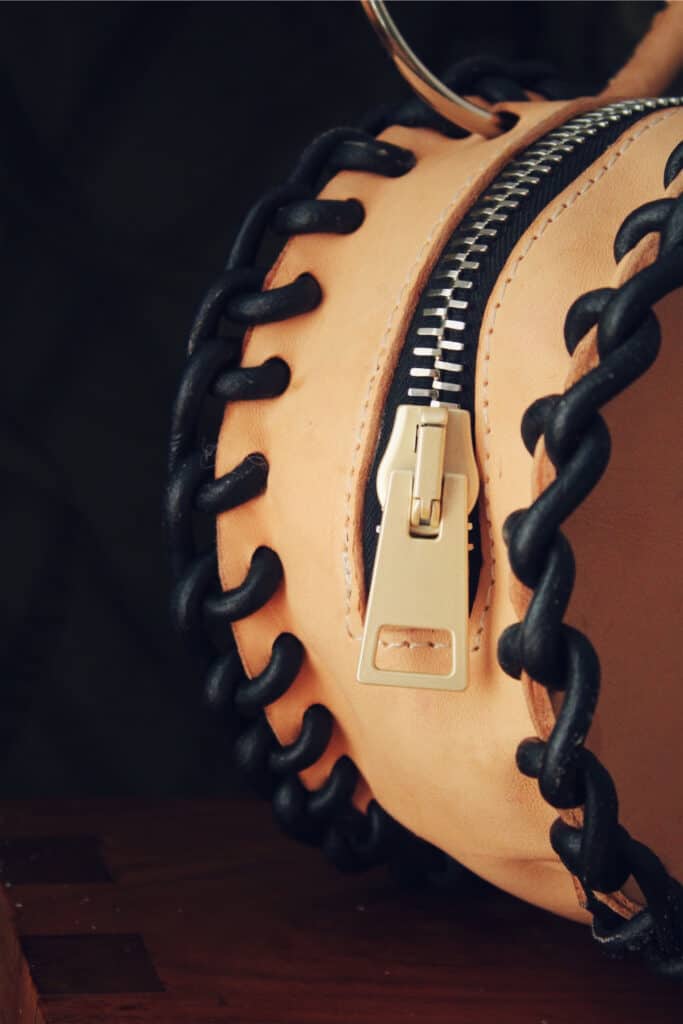Mia Wright-Ross, the director behind MWR Collection on artisanal leather craftsmanship, bespoke specifications and futurism in fashion.
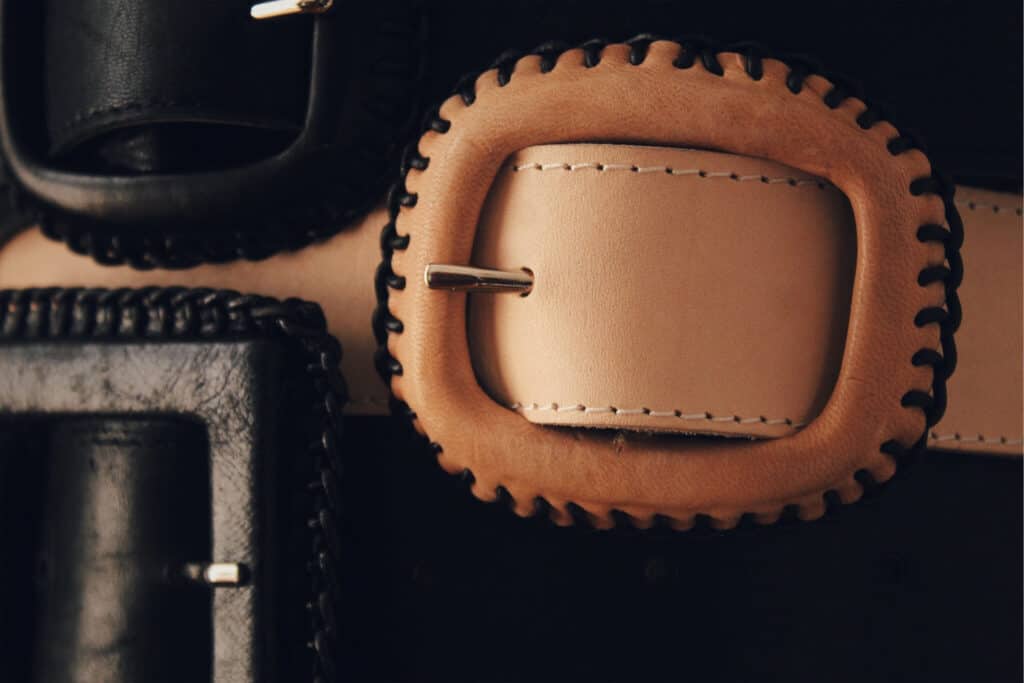
LF: MWR is a full service leather crafting atelier. For those who do not know, describe what this means.
MWR: We are an artisan leather crafting studio that specializes in luxury leather-good manufacturing but we also focus on the advancement of future artisan education through services such as our archival library and leather good repairs. We not only offer a wide collection of leather goods under our MWR Collection brand, but we also offer artisan educational courses for those interested to learn more about leather crafting, and repair services for patrons who need help restoring their personal collection of leather goods. This allows us to educate each of our patrons on our history as a fashion house, and the significance of leather crafting and education.
LF: There seems to be a strong emphasis on bringing light to artisanal ways of creating. Why is this so significant in the world of MWR?
MWR: I believe crafting is a form of healing communication for the contemporary craftsperson. As the founder of this contemporary fashion house, It is important to me to center herms that do not focus on fast fashion industry narratives, but emphasize the significance of the process of the contemporary artisan in art, design, research, and outcome. Working in the fashion industry as an accessories designer for the past 10 year has shown me the crippling system that exists in the fast fashion global industry. The rapidly moving fashion calendar erases the experimental development process that naturally occurs for artisans and designers, which then reduces the collective innovation of the fashion products we see in the market. MWR Collection centering of artisan crafting allows us to restore the research, process, and development of leather crafting in our contemporary industry. This contributes to the uniqueness and innovation within our leather works, and redirects the fashion narrative to zoom in on the importance of the human hand in communication with the crafting process.
LF: Would you say MWR has a definitive aesthetic? If so, what is it and how did you arrive at it?
MWR: We have definitely developed a bold and distinct aesthetic that is key to MWR Collection. As a foundation for the language of MWR Collection, I navigate between traditional Black Southern crafting traditions and new understandings of essentialism and utility. This allows me to create works that speak to the ancestry of the Black African American craftsperson and the essential needs of the present-day human experience. Most of my inspiration comes from my experiences growing up in Richmond Virginia, as a young Black girl in a loving home of spiritual Black Women. With this as a base, I am then able to research and develop works that speak to my experiences and critical thoughts aesthetically. The most significant aesthetic detail of our collection is the Black Leather Whipstitch details that outlines our core collection. This particular detail was created during my thesis collection at Parsons School for Design in 2011. The whipstitch is a classic crafting detail usually used in quilting, a Black Southern traditional artisan crafting technique.
LF: A lot of the product designs are very intricate. Definitely takes a certain kind of visual and intellectual skill to be able to develop. Are they any historical tropes that influence the product that is being created?
MWR: I love researching tools and artifacts of industrialization. This obsession is usually centered in my research of construction worker uniforms, vintage luggage and toolboxes, and interior design layouts from the industrial revolution. I enjoy pairing the aesthetic of industrial fashion design (durable leather, pockets, zippers) with the delicate hand crafting of artisanal techniques (quilting, knitting, weaving, woodworking, laundering) that were prevalent in my upbringing in Virginia. I am currently researching the new development of knotting and molding. This exploration is centered in zooming in on our current MWR Collection Signature Whipstitch details and exploring it with new cultural and historical significance.
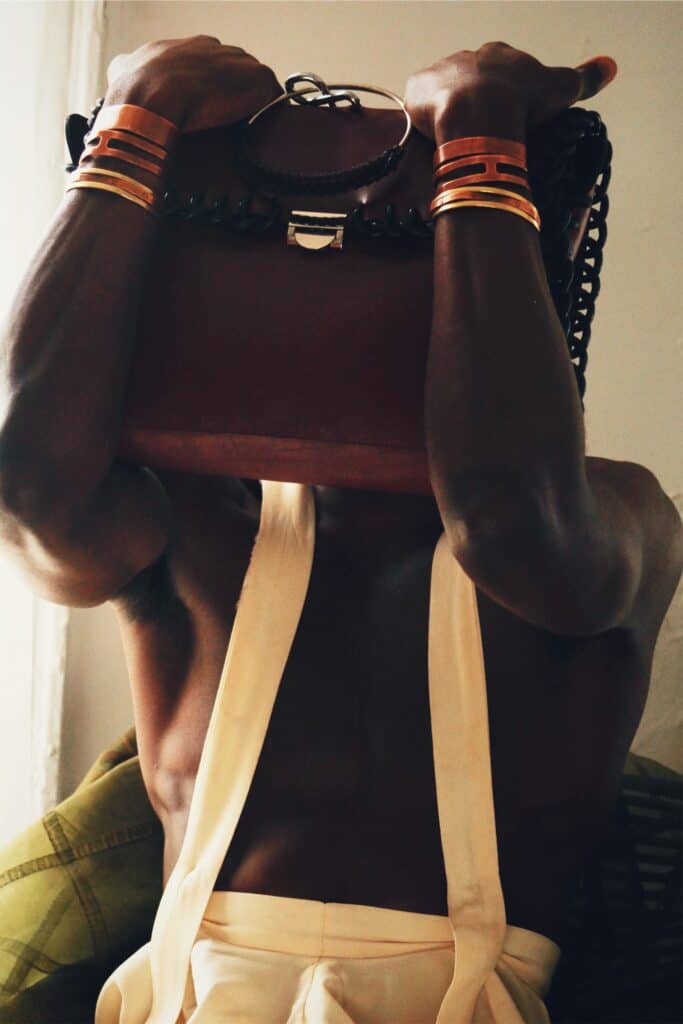
LF: Any leads on how MWR’s new product will interact with futurism and technology in the near future?
MWR: Craft is technology. I understand them as one in the same. The future of craft for MWR Collection is centered in bringing more advanced digital processes within the development and design. We are currently interested in connecting our artisan on digital platforms to create more direct patron educational experiences, as well as a digital artisan educational curriculum. We see our future in the education of how digital and craft work together, not in cancellation of one another. I don’t just want to put USB ports in all our bags. I want to make sure we are thinking of the technology in the present and future as the tool in the toolbox of our leather crafting artisans and the patrons who enjoy the human connection they feel from our work.




